Pediatric Cancer Recurrence: AI’s Predictive Success
May 6, 2025
Pediatric cancer recurrence is a significant concern for families and healthcare providers alike, particularly when it involves childhood brain tumors like gliomas.Recent advancements in AI in healthcare are revolutionizing the pediatric oncology field by improving cancer relapse prediction methods.
Read more
Predicting Brain Cancer Relapse in Children with AI Tools
May 2, 2025
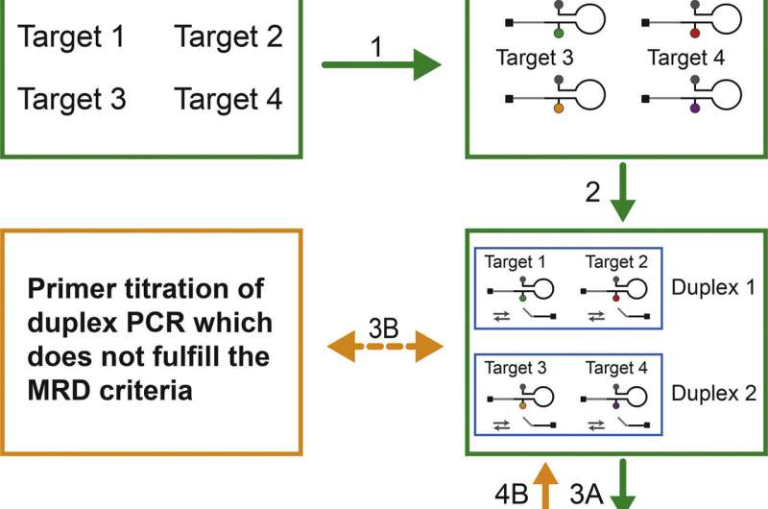
Predicting brain cancer relapse in children represents a significant advancement in the fight against pediatric gliomas, a type of brain tumor that often requires careful monitoring for recurrences.Recent research at Mass General Brigham has leveraged AI tools for cancer prediction to enhance the accuracy of these assessments far beyond traditional imaging techniques and methods.
Read more
Cancer Risk Research: Securing Vital Federal Grants
May 1, 2025
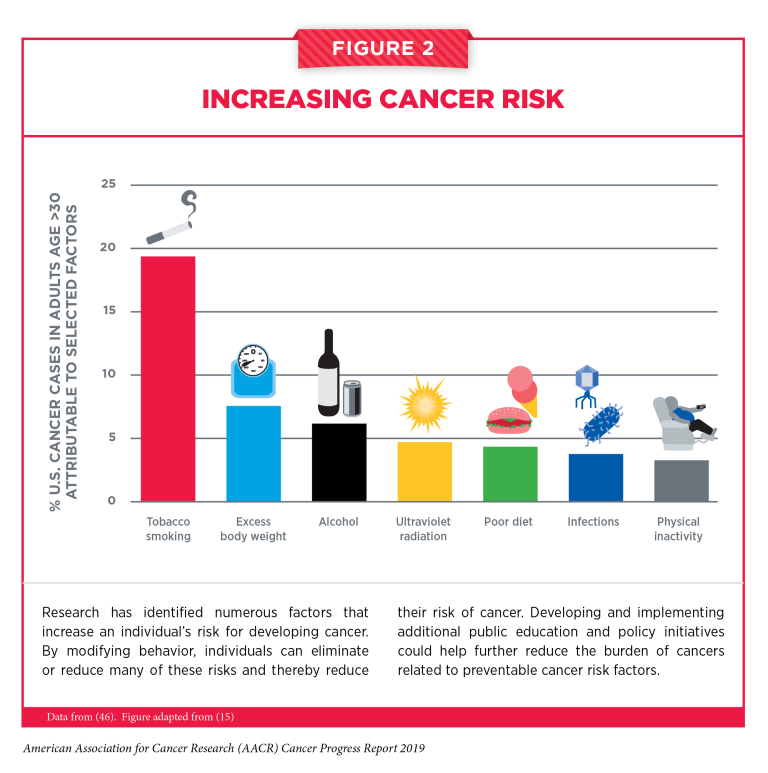
Cancer risk research plays a crucial role in advancing our understanding of how different factors contribute to the likelihood of developing this disease.By investigating innovative research strategies, scientists like Karen Emmons are striving to discover effective ways to minimize cancer risk, especially in underserved communities.
Read more
Alzheimer’s Research: Transforming Understanding of Brain Health
April 30, 2025
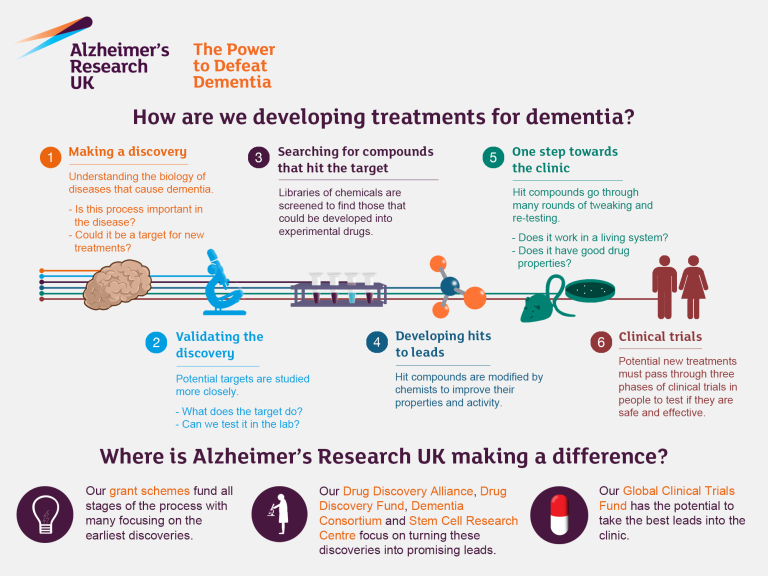
Alzheimer’s research is at the forefront of scientific investigation as we seek to uncover the mysteries of this complex neurodegenerative disease.Leading the charge is neuroscientist Beth Stevens, who has revolutionized our understanding of microglial cells, the brain's immune system responsible for maintaining neuronal health.
Read more
Global Health: Atul Gawande’s Call to Action for Change
April 30, 2025

In the realm of global health, the actions and policies of the United States have historically played a pivotal role in shaping health outcomes worldwide.Renowned surgeon and author Atul Gawande recently highlighted the alarming decline in the effectiveness of the U.S.
Read more
Youth Well-being: Key Findings from Global Flourishing Study
April 30, 2025

Youth well-being is a crucial aspect of our society, influencing the future health and productivity of nations.Recent findings from the Global Flourishing Study emphasize the alarming state of youth mental health, highlighting the significant impact that economic development and well-being have on younger generations.
Read more
Medical Research Safety: Funding Cuts Impact on Patients
April 28, 2025
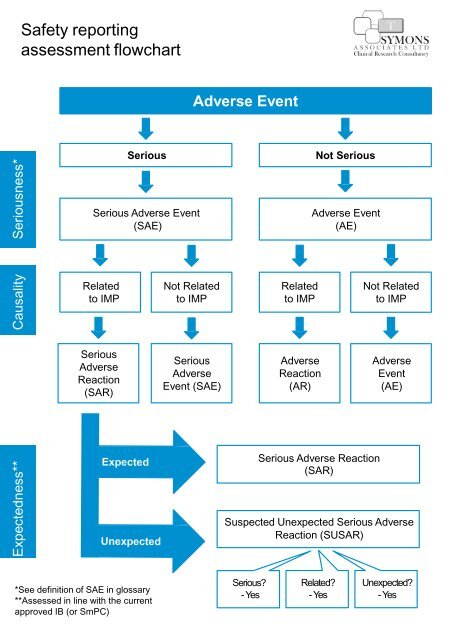
Medical research safety is a cornerstone of ethical scientific inquiry, ensuring that participants' rights and well-being are prioritized throughout the study process.With the recent halt in federal funding, critical oversight provided by Institutional Review Boards (IRBs) is jeopardized, raising concerns about patient safety in research.
Read more
CRISPR Gene Editing: Ethical Questions and Health Equity
April 28, 2025
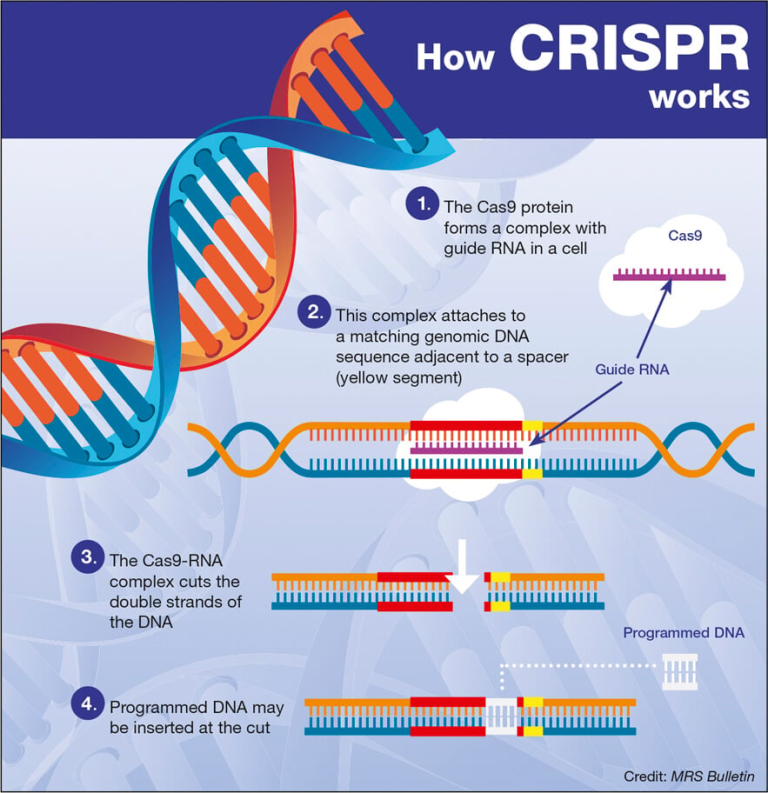
CRISPR gene editing has emerged as a revolutionary technology in the field of genetics, offering the potential to modify DNA with astounding precision.This gene editing technology allows researchers to alter genes associated with various diseases, including the ability to pave the way for a sickle cell anemia cure.
Read more
Smoking Cessation for Teens: Effective Varenicline Study
April 25, 2025
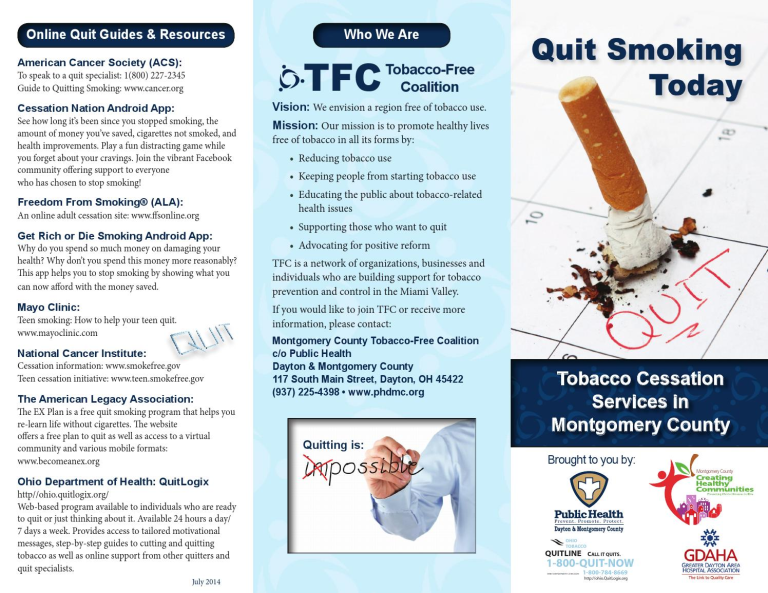
Smoking cessation for teens is an urgent public health focus, especially as the prevalence of vaping continues to rise among young people.Recent studies reveal that teens who use the FDA-approved smoking cessation pill varenicline have significantly higher success rates in quitting vaping — more than three times that of those using counseling alone.
Read more
Bile Imbalance: Key to Understanding Liver Cancer Risk
April 25, 2025
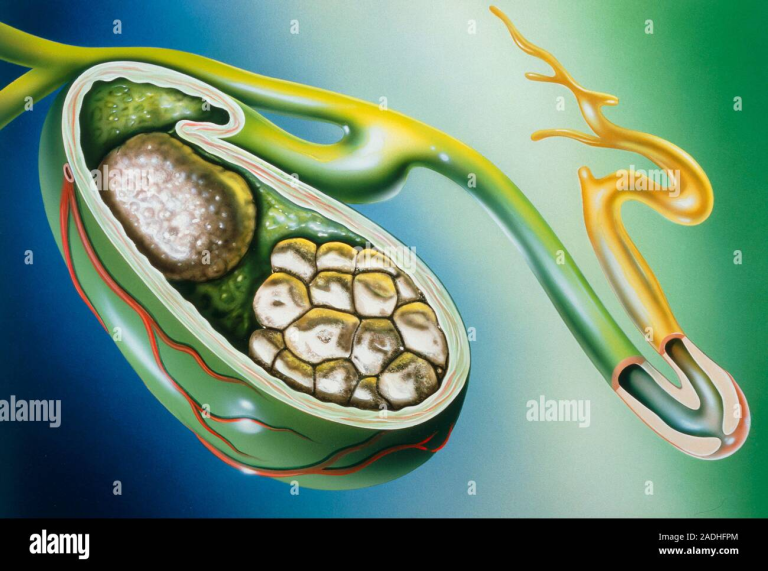
Bile imbalance is emerging as a significant factor linked to liver cancer, particularly hepatocellular carcinoma (HCC), which is the most prevalent type of liver cancer.Recent studies have uncovered critical insights into how dysregulation of bile acids, produced by the liver, can initiate a cascade of events leading to severe liver disease.
Read more